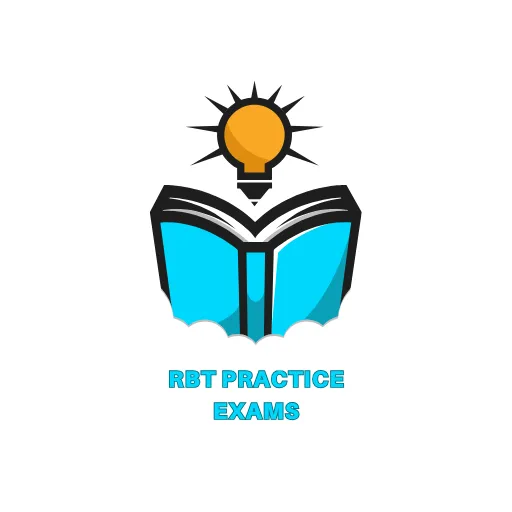RBT Exam Study Guide Unit F: Professional Conduct & Scope of Practice
Understanding and following professional conduct and ethical standards is essential for Registered Behavior Technicians (RBTs). This guide, based on Section F of the RBT Task List, outlines the expectations for RBTs in terms of professional behavior, communication, supervision, and client interaction within the scope of Applied Behavior Analysis (ABA) services.
Learn more about RBT Practice Exam
Why Professional Conduct & Scope of Practice Matter
The scope of practice defines the specific roles and responsibilities an RBT can perform based on their training and certification. Working beyond this scope may harm clients and violate ethical guidelines. Upholding the BACB’s Ethics Code ensures RBTs maintain professional integrity, safeguard client welfare, and support ethical service delivery.
F-1: Supervision Requirements & RBT’s Role in ABA Services
RBTs are crucial to implementing ABA programs designed by BCBAs. They primarily work one-on-one with clients but may also work in group settings when appropriately trained.
Supervision Guidelines:
- Supervision must cover at least 5% of an RBT’s direct service hours monthly.
- Minimum two supervision contacts per month, with one being a live observation of service delivery.
- Supervision can be individual or group (no more than 10 RBTs per group).
- Face-to-face interactions can occur via secure video platforms.
- RBTs must log and sign monthly supervision records, retained for at least 7 years.
⚠️ Not receiving the required supervision may result in certification suspension or revocation.
If you’re not working in behavior analysis (e.g., vacation or between jobs), active supervision isn’t required. For extended periods, you may apply for voluntary inactive status.
F-2: Accepting and Applying Feedback
Feedback is essential to clinical improvement and client success. RBTs should:
- Accept feedback professionally.
- Apply feedback to improve or maintain performance.
- Ask clarifying questions when needed—but do so respectfully and without defensiveness.
Many organizations provide both real-time and structured performance reviews (weekly/monthly/annually). Treat feedback as a collaborative tool for growth, not criticism.
F-3: Communicating with Stakeholders (As Authorized)
Stakeholders include parents, caregivers, educators, and other professionals involved in the client’s care. Communication should be:
- Authorized through written consent.
- Professional, clear, and within your training.
- Redirected to the BCBA when it involves clinical decisions or program modifications.
💬 Example Response: “That’s a great question for your BCBA. I’ll make sure to pass that along for you.”
Never make clinical recommendations or treatment changes without supervision and approval.
F-4: Maintaining Professional Boundaries
Clear professional boundaries are vital to maintain objectivity, prevent conflicts of interest, and protect the therapeutic relationship.
Avoid Dual Relationships:
- Being friends or family with a client or caregiver.
- Babysitting or attending family events.
- Having social media connections with clients, families, or supervisors.
- Working with clients or their caregivers in another non-RBT role.
After a client is discharged or the therapeutic relationship ends, only non-romantic, platonic relationships are permitted. Romantic or sexual relationships must be avoided for at least two years after therapy ends.
If you sense any boundary issues, consult your supervisor immediately.
F-5: Upholding Client Dignity
Maintaining client dignity means treating every client with respect, compassion, and professionalism at all times. RBTs can support dignity by:
- Respecting client autonomy and preferences.
- Encouraging communication and self-advocacy.
- Maintaining privacy and confidentiality.
- Honoring cultural, religious, and personal beliefs.
- Using positive reinforcement and avoiding punishment-based interventions.
Every client deserves to feel safe, heard, and valued—your behavior and language should reflect that.
Summary: RBT Professional Conduct Checklist
| Task | Key Focus |
|---|---|
| F-1 | Understand supervision rules and document hours |
| F-2 | Respond professionally to feedback |
| F-3 | Communicate only with authorized stakeholders |
| F-4 | Avoid dual relationships and social media contacts |
| F-5 | Always maintain client dignity |
Final Thoughts
Professional conduct and ethical responsibility are the foundation of quality ABA services. By staying within your scope, following the BACB’s Ethics Code, and upholding high standards, you not only protect yourself but also ensure meaningful outcomes for the clients you serve.
